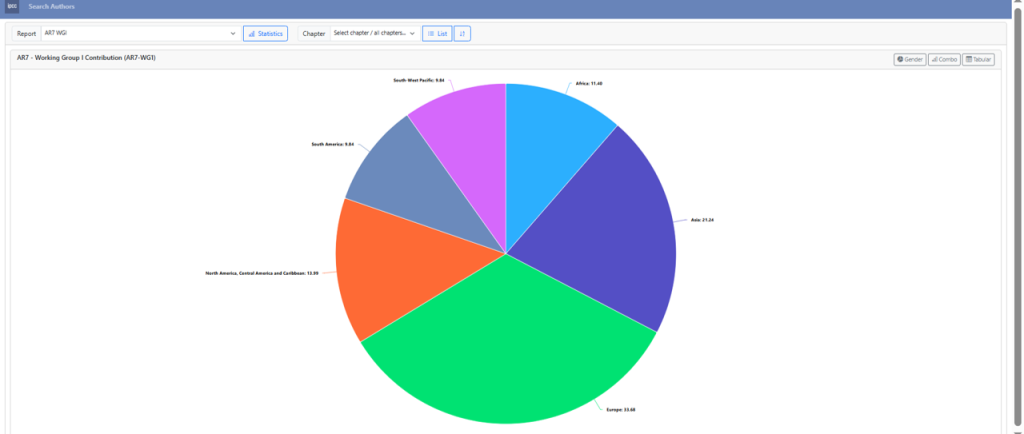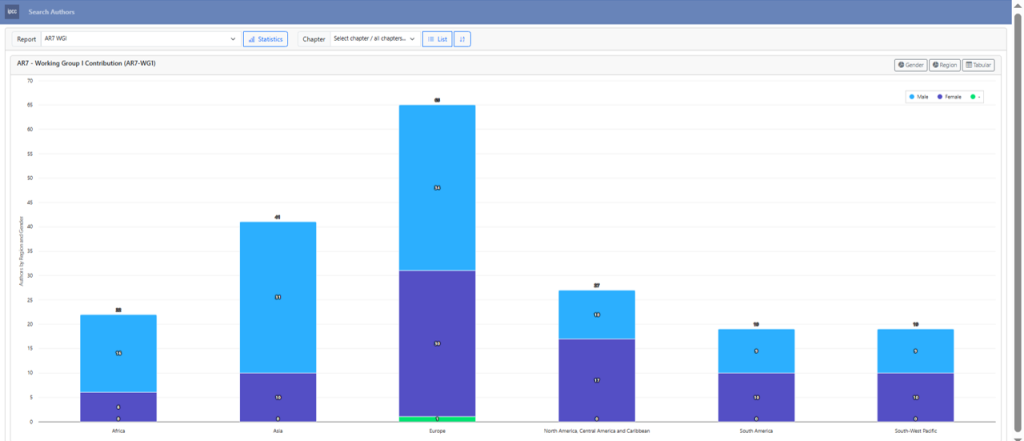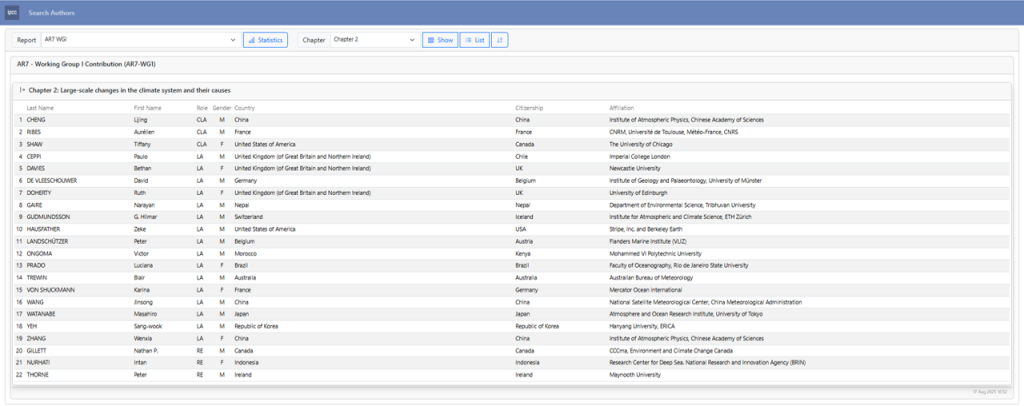The IPCC (Intergovernmental Panel on Climate Change) has released its author list for the forthcoming IPCC Assessment Report 7 (IPCC AR7). I am very honoured, and privileged, to announce that I will be serving my community as a lead author in this report. I will serve as lead author on WGI, Chapter 2: Observations of Large-Scale Changes. As I go through the process over the next few years, I will try and maintain a blog about my experiences.
What is the IPCC?
The IPCC is the international body for assessing the science related to climate change. It was set up in 1988 by the World Meteorological Organisation (WMO) and the United Nations Environment Programme (UNEP) to provide policymakers with assessments of the scientific basis of climate change, its impacts and risks, and options for adaptation and mitigation.
The IPCC is in its seventh assessment report cycle, which began in July 2023 with the elections of the new Chair and IPCC and TFI Bureaus. The IPCC will provide the three Working Group contributions to the 7th Assessment Report:
- Working Group I: The Physical Science Basis
- Working Group II: Impacts, Adaptation and Vulnerability
- Working Group III: Mitigation of Climate Change.
- The Synthesis Report will be produced upon completion of the WG reports by late 2029.
The bureaus of each working group include selected participants with relevant scientific, technical and socio-economic expertise, with a mixture of authors with and without previous IPCC experience. The authors should include a gender balance and experts with a background in relevant stakeholder and user groups.
These reports provide governments at all levels with the information they need to develop climate policies, and underlie the negotiations at the UN Climate Conference (the United Nations Framework Convention on Climate Change) and the regular Conference of the Parties (COPs).
IPCC authors are volunteers, and are not paid for their time when writing the reports.
What are the IPCC reports?
I have spent my scientific career reading IPCC reports. They are written by leading experts, summarise the state of the art, highlight gaps in knowledge and uncertainties, and set the scientific agenda for research. They have been a continuous source of inspiration and motivation, and their reports save lives by supporting governments to develop climate-relevant and effective policies. I am excited to serve my community in this way. As climate science comes under more fire than ever, providing robust, well-evidenced reports with clear communication of uncertainties, has never been more important.
IPCC Assessment Reports summarise knowledge about climate change, its causes, its impacts and response options. They include contributions from each Working Group and a Synthesis Report that integrates these contributions, and any Special Reports published in that assessment cycle.
How are authors nominated?
More than 1000 authors were nominated for the 10 chapters of WGI. Authors are nominated by their national focal point (for the UK, this is DESNZ, the Department for Energy Security and Net Zero) or IPCC observers. In many cases (such as the UK), this was via a national open call for nominations.
About 1/3 of the nominations come from Europe, 1/3 from Asia, and 1/3 from Africa, North America, Central America and the Caribbean, South America and SW Pacific. Genders are very imbalanced (32% female, 68% male). 83% of applicants were newcomers, though some have participated as expert reviewers (as is my case).
You can explore the statistics of nominated experts here (some are double-counted): https://apps.ipcc.ch/nominations/authors/public/rptaltstats.php
The UK has 101 experts nominated across all chapters. By citizenship, the UK has 275 experts, and by nominating countries, the UK has 313 nominations. Across Europe, there were 132 female and 272 male (405 total) nominations.
The IPCC Factsheet gives details on how authors are selected. The task of whittling down the nominations to the selected authors is a demanding one. The WGI Bureau has been through several rounds of voting, condensing the 1019 nominations to a long-list, short list and prefinal list that was then discussed during an intensive meeting in Geneva. The Technical Support Unit went through each CV, tagging nominations with information relevant for selection, scrutinising publication lists, mapping expertise to chapter outlines, and double and triple-checking experts from traditionally underrepresented countries.
You can learn more about author nomination by reviewing the posts by the Technical Support Unit and IPCC Co-chairs on LinkedIn.
How are authors selected?
The AR7 WGI team will be led by co-chairs Robert Vautard and Xiaoye Zhang.
The IPCC AR7 WGI report will be written by 193 authors in the following roles: Coordinating Lead Author (CLA), Lead Author (LA) and Review Editor (RE). CLAs are responsible for leading the chapters, while LAs are responsible for writing the content of the report. Review Editors are experienced, having previously served in the IPCC reports, and support the lead authors in checking gaps, responding to review comments, and any other capacity.
You can explore the statistics of the selected authors here: https://apps.ipcc.ch/report/authors/
These 193 authors comprise 43% female (83 female) to 57% male (109 male), with 46% of authors from the Global South and 54% from the Global North. 22 authors are from Africa, 41 from Asia, 65 from Europe, 27 from North America, Central America and the Caribbean, 19 from South America and 10 from the South West Pacific.


The UK has 15 authors for WGI, including 8 male, 6 female and 1 other.
Each chapter is led by 3 Coordinating Lead Authors and a series of Lead Authors, and ~3 review editors. For example, Chapter 2, “Large scale changes in the climate system and their causes” has three lead authors, 3 review editors and 16 Lead Authors.


Congratulations on being selected as a lead author for the IPCC AR7, Bethan! It’s inspiring to see experts from diverse regions shaping the future of climate science.